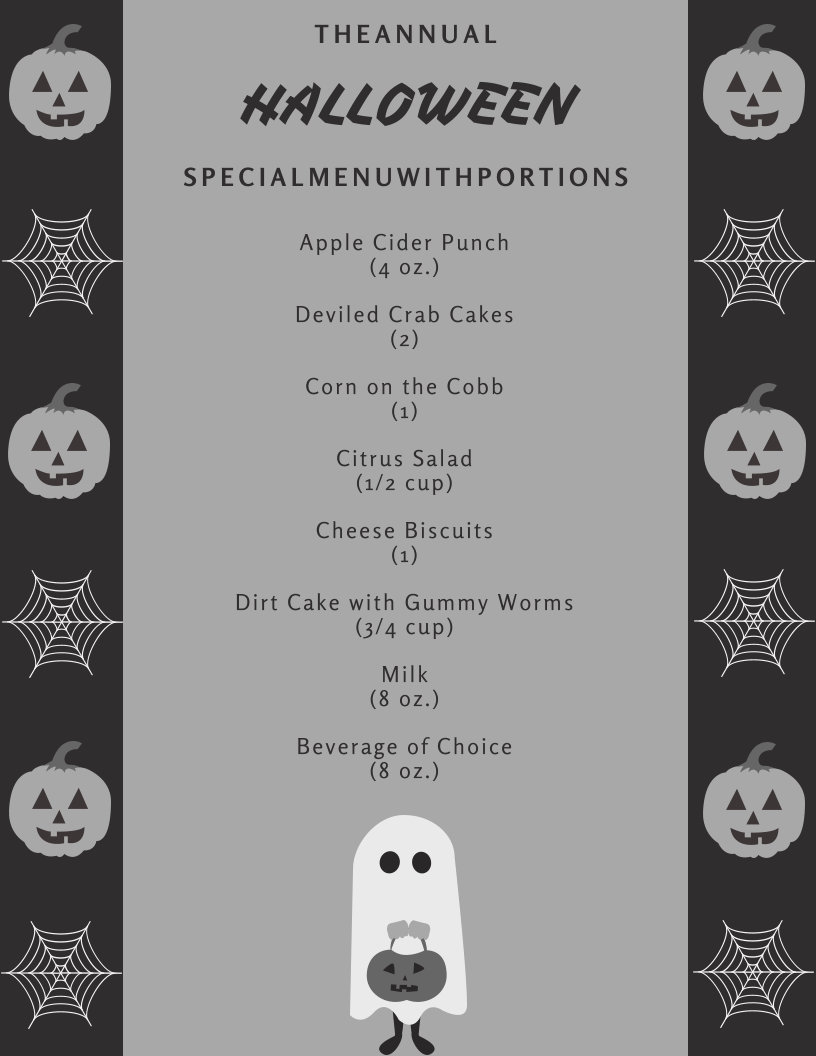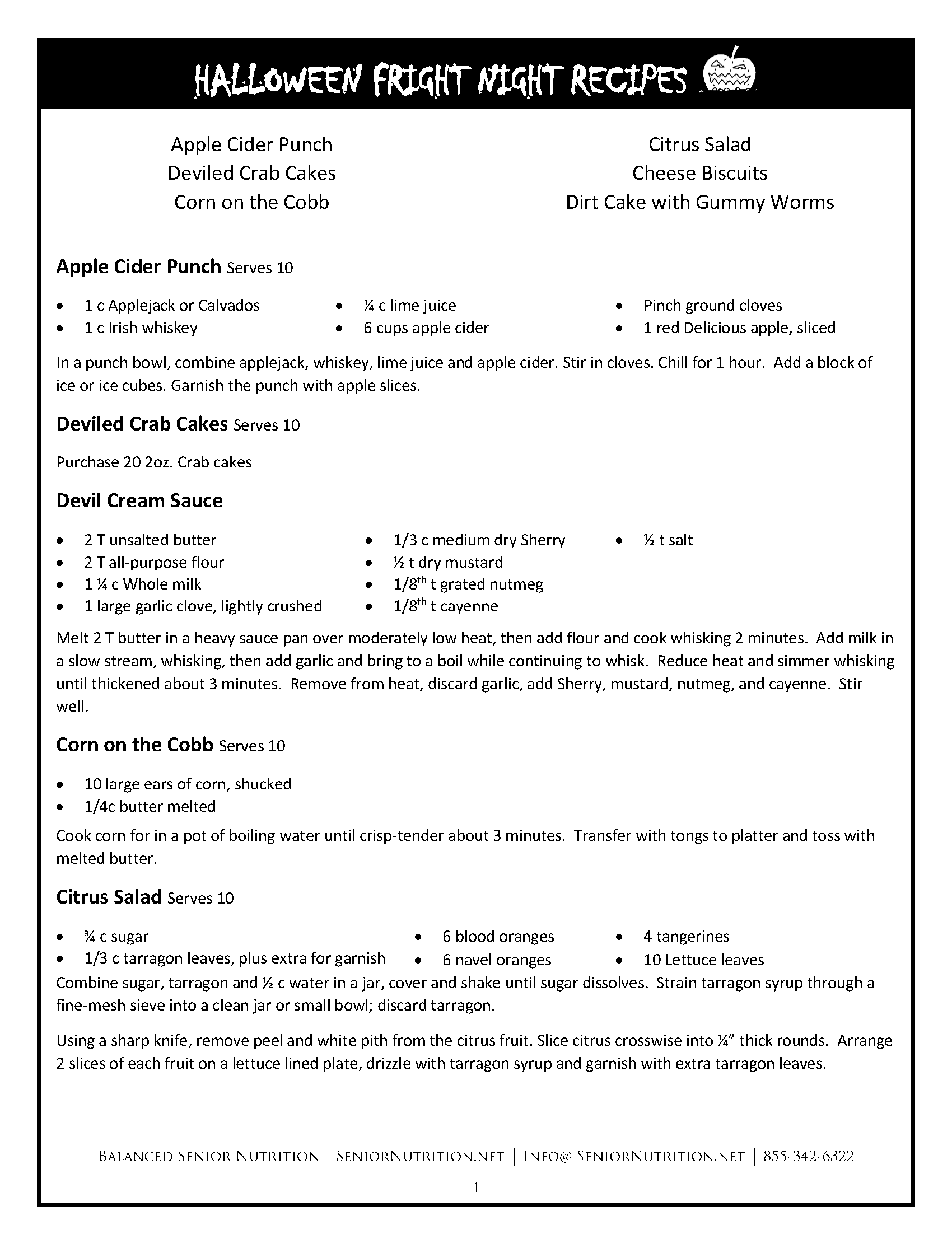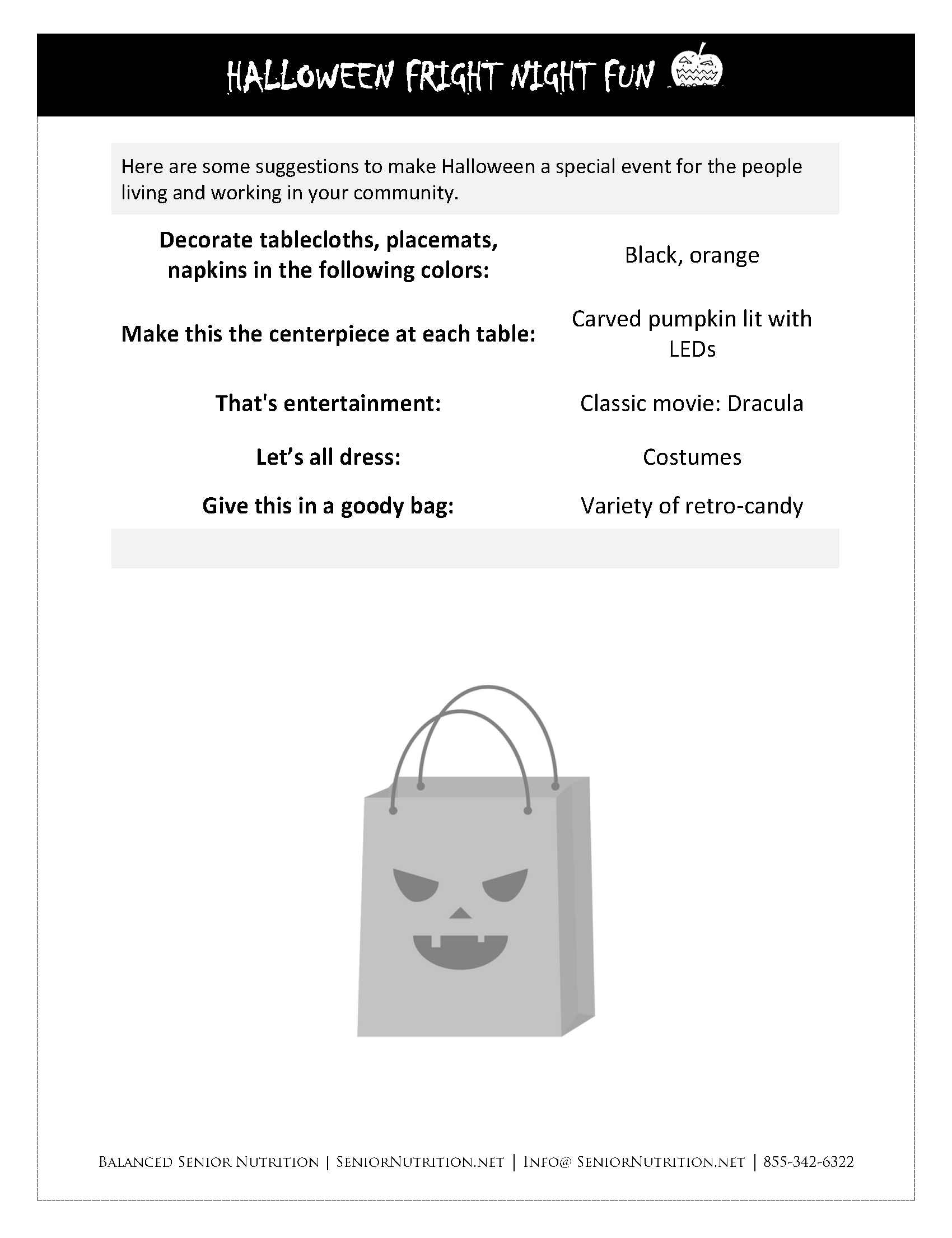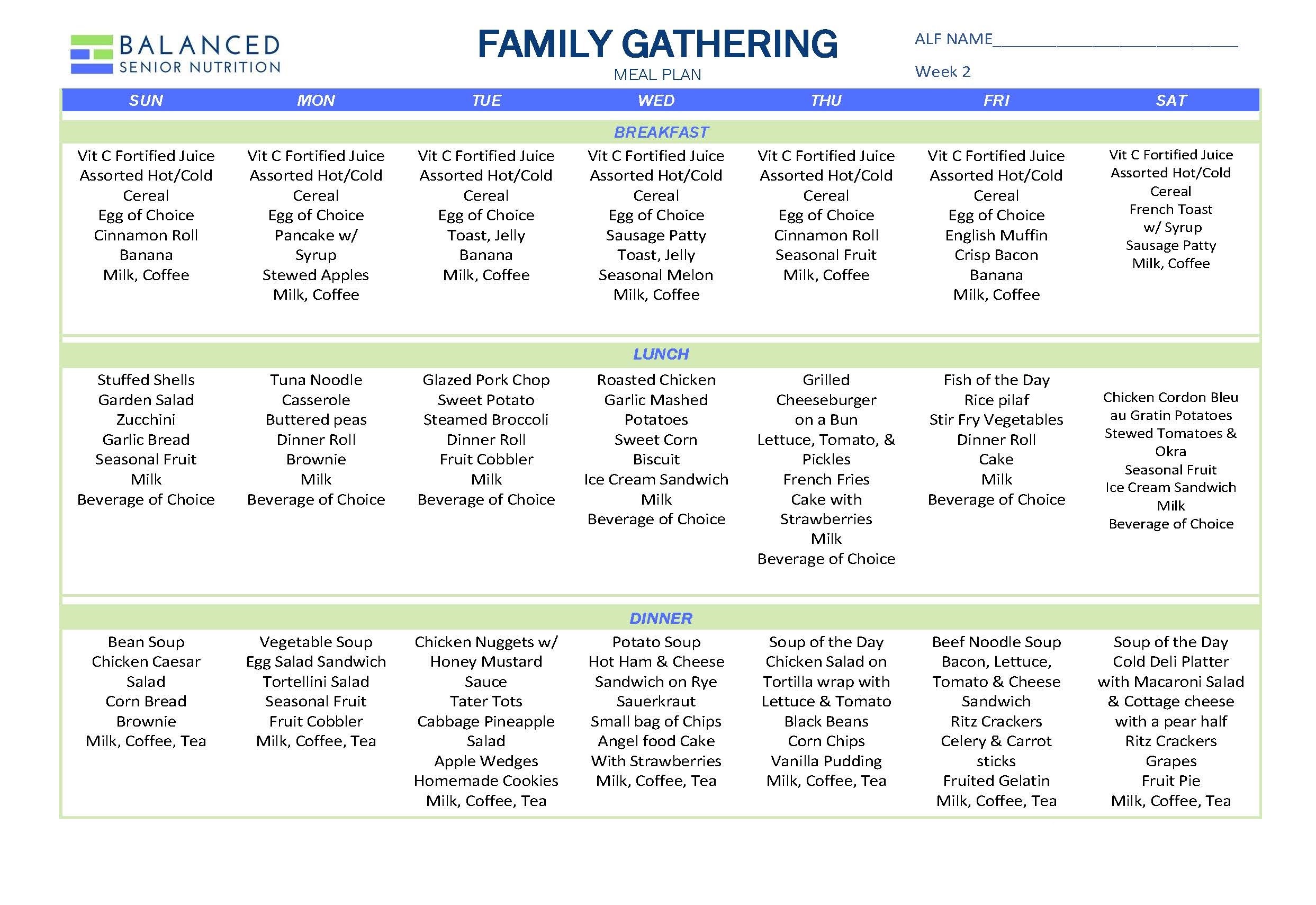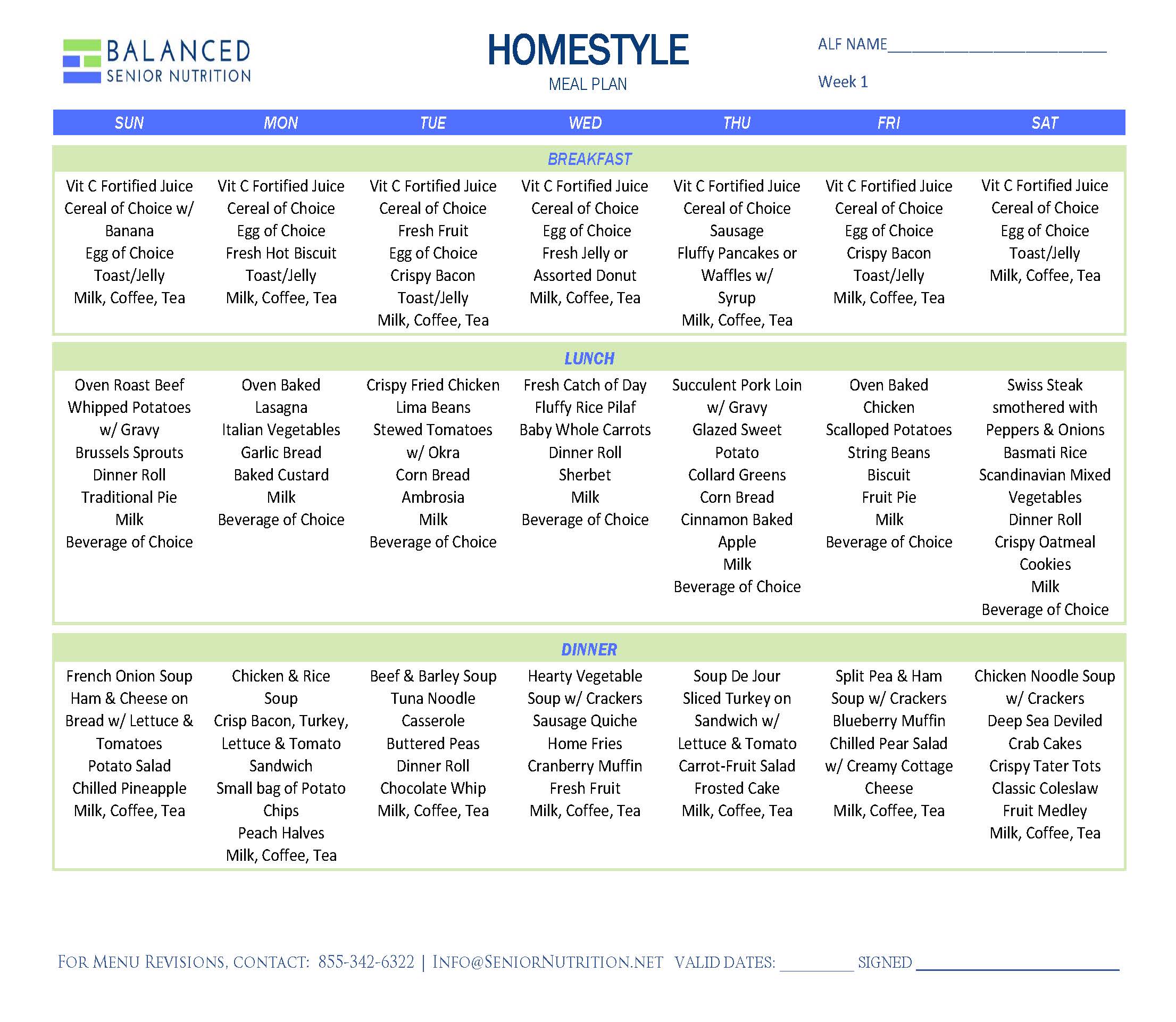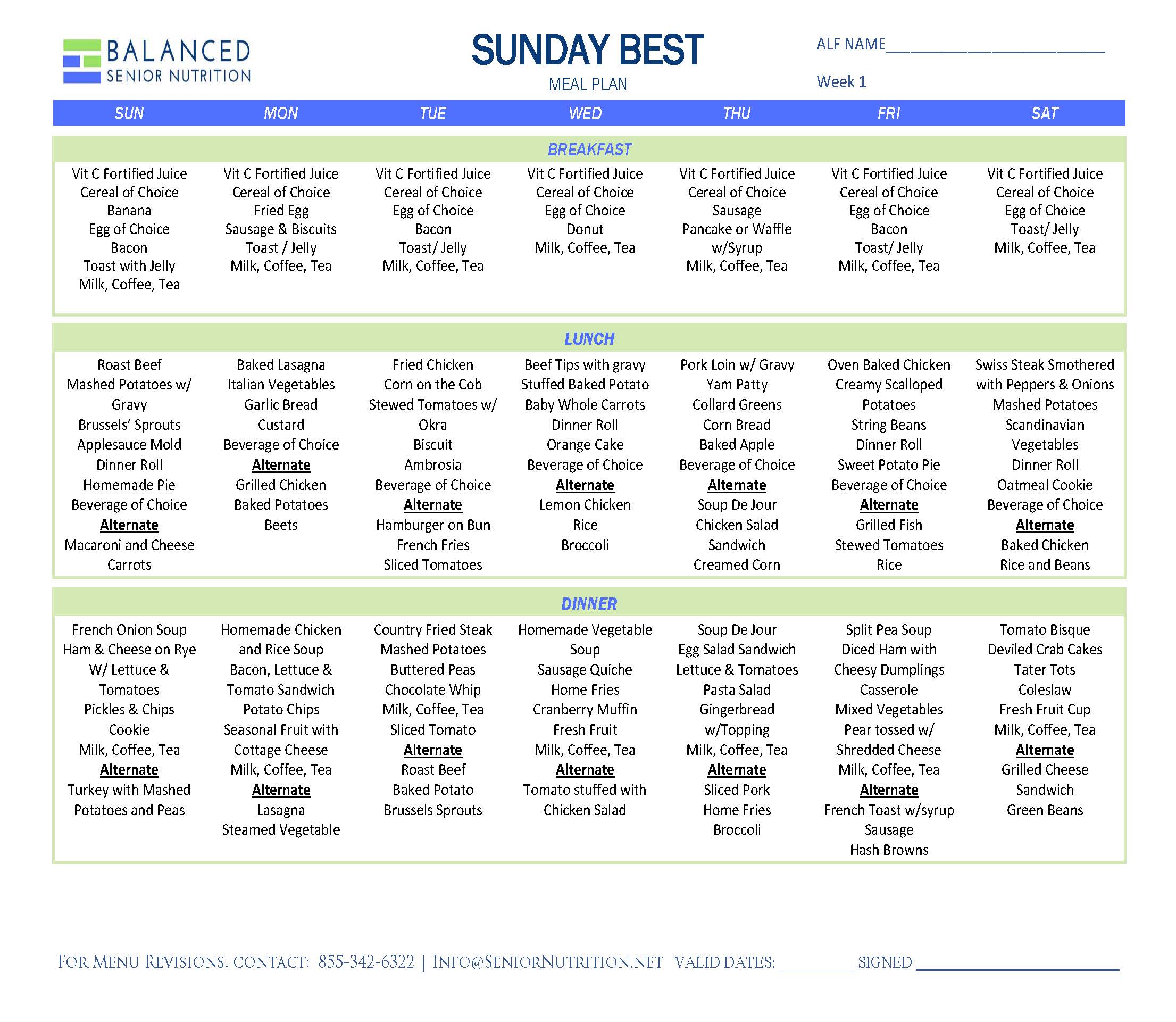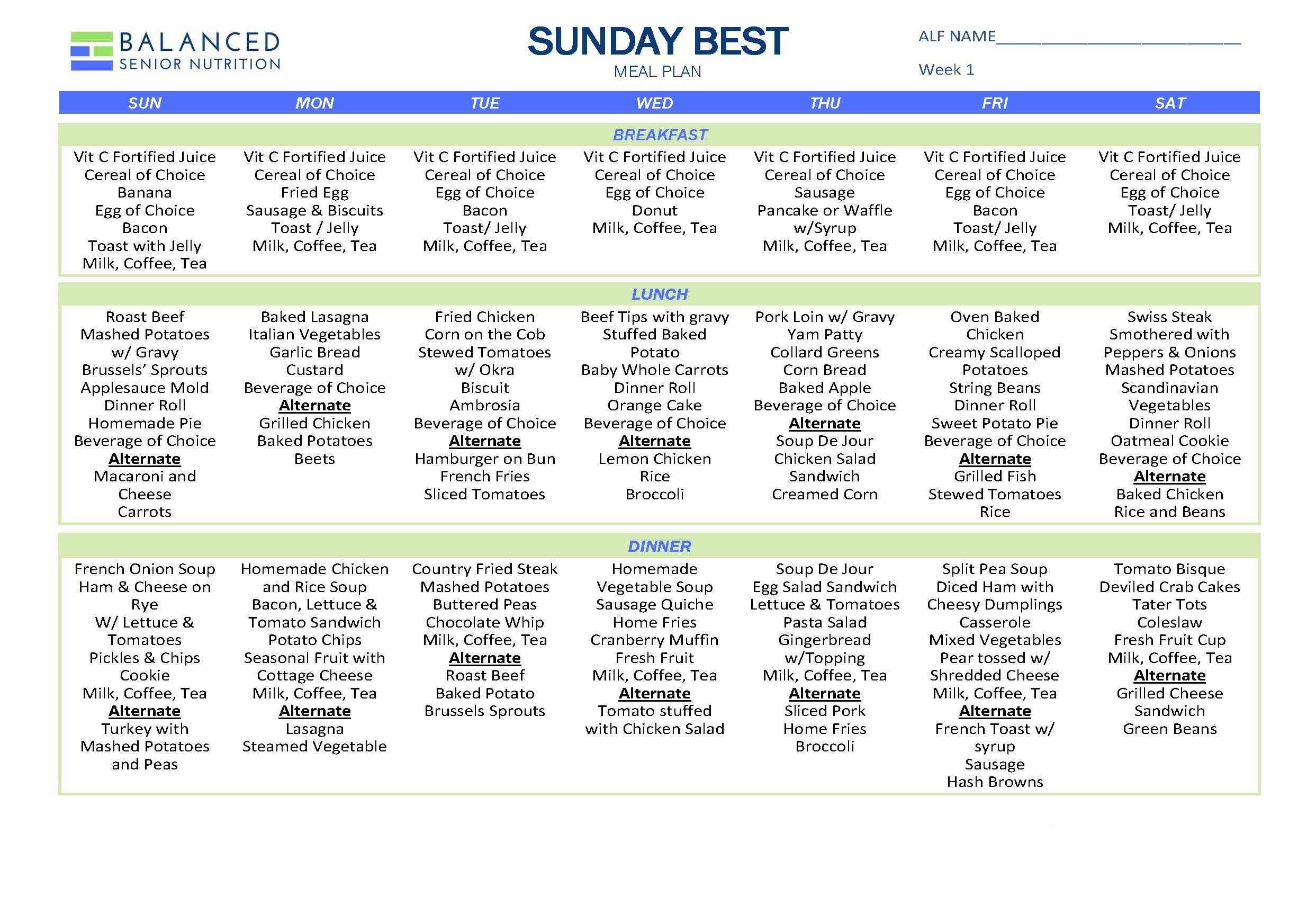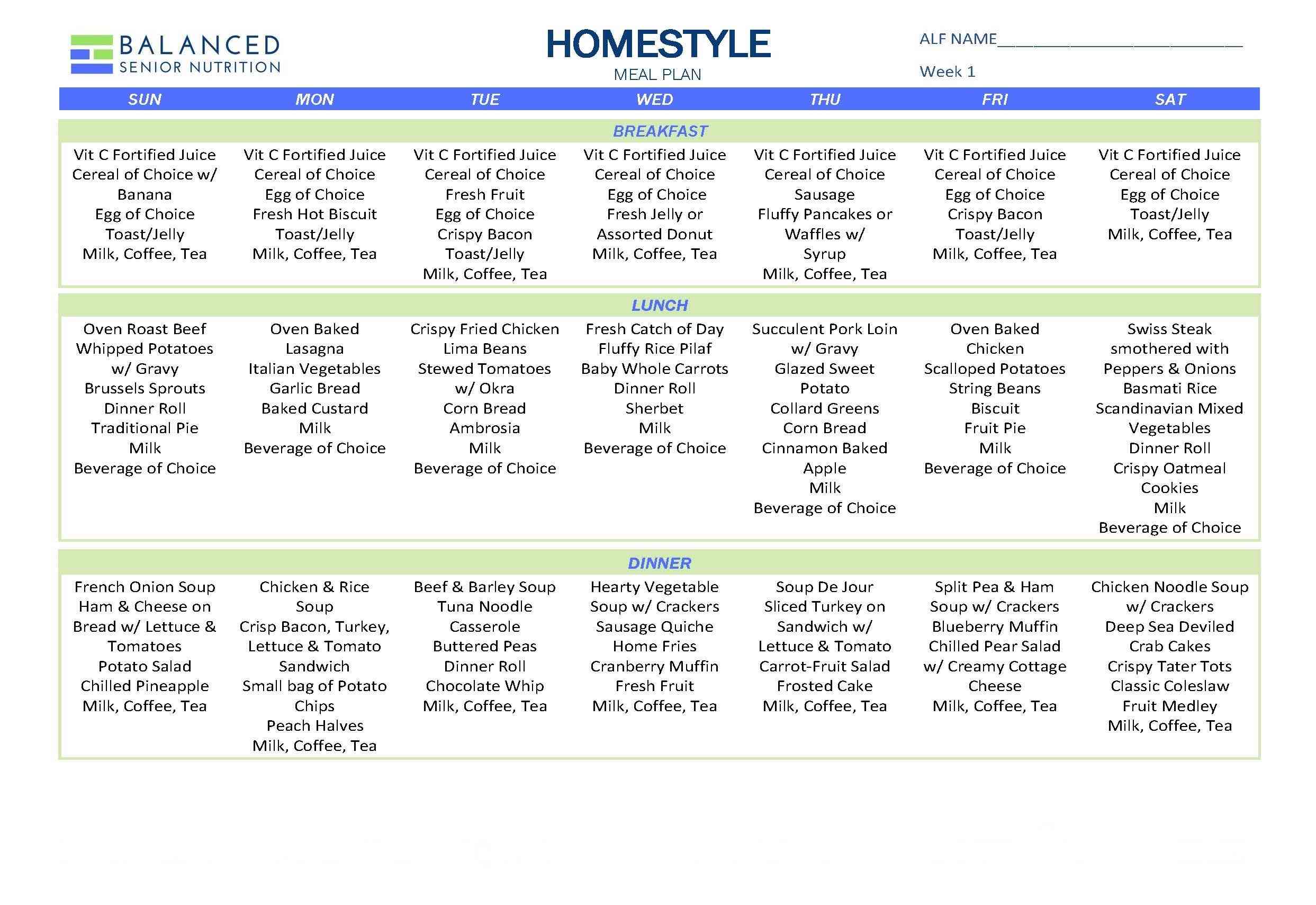 As you most likely know, the new CMS regulations went into effect Nov. 28, 2016. Did you also know they include many good culture change practices? It is exciting that the government has adopted what we know as best practice. They still missed some but did include many. Here are some of the highlights.
As you most likely know, the new CMS regulations went into effect Nov. 28, 2016. Did you also know they include many good culture change practices? It is exciting that the government has adopted what we know as best practice. They still missed some but did include many. Here are some of the highlights.
For instance, it will be a grand day when the government actually calls them homes or communities instead of a facility – who wants to live, or even stay, in a facility? Good news is, we can use whatever language we want. Language used is not regulated. More good news: in the state of Colorado, we recently convinced the task force drafting new regulations for assisted living to avoid the word facility and they listened! Instead of what has become known to many culture change advocates as the “f-word,” they state assisted living residence each time. This is a huge win. CMS could pay attention to Colorado. Why? Because bureaucrats, CMS included, usually state that because the word facility is in statute they have to keep using it. Bah humbug. Colorado first said so too, but in the end … didn’t. Way to go Colorado!
This is huge. Although the culture change movement has moved on to even better language such as person-directed care, self-directed living and person directed culture, CMS’ definition actually includes all that.
An interesting change of words now includes returns in place of readmissions (Admission, transfer and discharge 483.15). This is a win. The terms admission and discharge are institutional and not normal. And even though CMS does use the terms admission and discharge (note the name of the section), if you think about it, they are not used in normal, everyday language. How many of us were admitted to the house we live in? Even worse, how many of us were discharged from the last home we lived in? In real life, people move in and move out. And what about a short rehab stay? That’s exactly what it is. People stay in homes. By the way, people are usually referred to as guests in homes, not patients.
We have a few word wins at Quality of life 483.24 under ADLs.
CMS refers to: Mobility—transfer and ambulation, including walking. This is very good. Did you know that the word ambulation actually means movement, not just walking? So, beware that not only is the word ambulation odd and not used in our everyday language, it is often used wrong anyway. I recommend we just say what we mean. If you mean walking, say walking. If you mean pushing a wheelchair just say so. And it is a well-known fact all people need to move more, probably especially if you live in a nursing home, so the fact that CMS calls the section Mobility is good. I suggest a section for mobility on each resident’s care plan, it is that important.
Also, here at ADLs, CMS refers to: Elimination-toileting. Perhaps a win and a loss. The word elimination is broad which is good. The word toileting is institutional and degrading. How many of us say, “Excuse me, I’m going to go toilet myself.”? Every time we use the word toilet or toileting or talk about a toileting schedule or toileting program, we perpetuate the institution. In real life, we don’t talk like that. In your life and mine we talk about needing to use the bathroom. That’s just how we do it and you can do it every time it comes up for those in your care including on your documentation and care plans. We get to choose what words we will use.
And one more to point out, CMS refers to: Dining-eating, including meals and snacks. It is nice to see the term dining instead of dietary. See below for more about that.
At Quality of care 483.25, CMS changes language from “is provided” to:
- Is offered sufficient fluid intake to maintain proper hydration and health.
- Is offered a therapeutic diet when there is a nutritional problem and the health care provider orders a therapeutic diet.
We have been advocating for is offered for a long time. Why? Because it shows that the person is the one who gets to make the choice. Is provided is problematic. Showing evidence that your team offered these things should be easy since we have had to show how we offer other things such as snacks for a long time. Let your documentation work for you, be easy, quick and efficient.
483.45 Pharmacy services, CMS revises antipsychotic drugs to psychotropic instead since these drugs affect brain activities associated with mental processes and behavior.
At 483.60, CMS wisely changes what used to be called dietary services to Food and Nutrition Services. This is fantastic. How many of have a dietary department in our homes? It is old institutional language. Similarly, kudos to CMS for dropping “hydration” for Food and drink — at least. Ah, normal language. Doesn’t it sound pleasing to your ears?
At 484.80 Infection control, CMS introduces a precise new term and title of Infection Preventionist. And this is a great note to end on. Actually, we should all be an infection preventionist, not just one person. I’ve come to realize in the last couple years we should all be preventionists, period. We should have as habit checking in on residents to ensure they are all doing okay. Especially the people we serve living with dementia. Can you imagine navigating it? Now add other people with dementia who have just as much difficulty expressing themselves as you; a recipe for potential problems. Thus, we must get good at looking at and checking in so-to-speak with residents as we walk by. If there is tension, we step in and in so doing, we prevent bigger problems. Being proactive preventionists is our future, the way I see it.
One premise of culture change is choice. With language, we all have a choice. We can choose to continue to use institutional language which continues to create an institutional culture. Or, we can choose with each breath we take to use dignified, normal language which in comparison creates a culture of home and normal living. Which will you choose?

